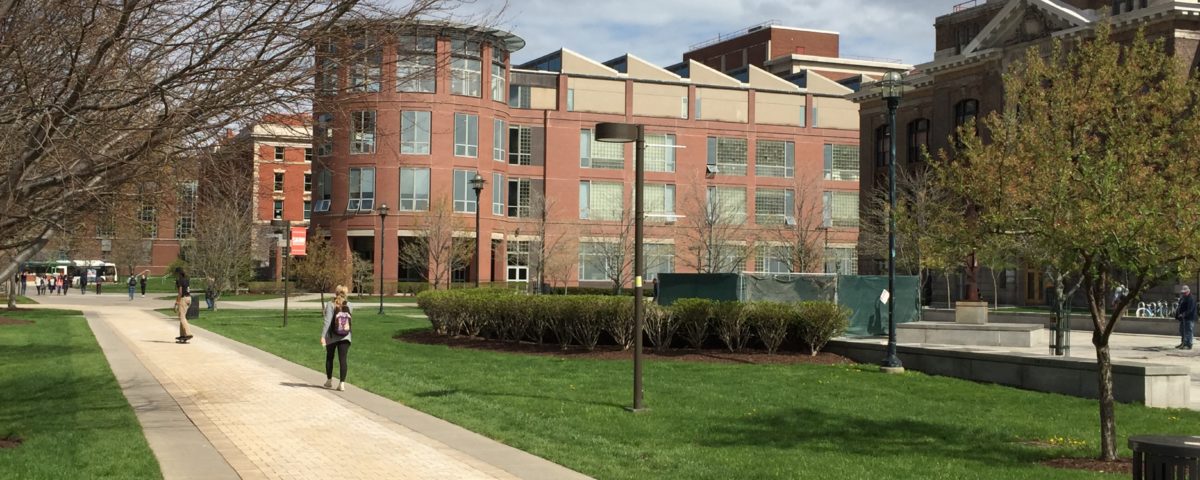Context is Key, Say Inside the Admissions Office Panelists

Once again, the Inside the Admissions program was a resounding success, thanks to the participation of deans and directors from Bucknell University, Dickinson College, Oberlin College, Syracuse University, Swarthmore College, the University of Chicago and the University of Richmond.
The evening theme was “context.” Why do admissions officers decide the way they do? Context is the reason. Yes, the high school transcript is the most important piece of the application, but deans and directors look beyond the transcript and really do consider essays, recommendations, and students’ individual circumstances, which can include what students do outside the classroom and the resources available to them. They understand, for example, that a student who has heavy responsibilities taking care of siblings at home may not have the time to indulge in a lot of extracurricular activities. Sometimes even something in an application will be so compelling that the GPA may not be the most important factor. Certainly, though, the admissions staffs are looking for “an interest and love for learning.”
Are there variations in how colleges read applications? Absolutely! Swarthmore, for example, does not recalculate your high school GPA; Oberlin does. Some schools read applications in teams; others do not. Some schools defer a fair number of applicants from their early rounds; other may defer fewer than 10%.
I like to think of colleges and universities and the admission process in particular somewhat like states rights v. federalism. Some things are uniform across the board, similar to the uniformity in federal laws that govern the United States, while others vary, kind of like when the individual states create their own laws and regulations. The Common Application is like that, too, with a main section that is uniform but with the additional freedom for individual schools to decide whether to require supplements and, if so, to determine what the contents of the supplements can be.

